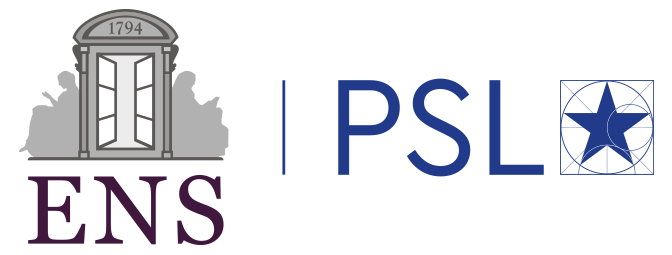Domaines
Quantum optics/Atomic physics/Laser
Non-relativistic quantum field theory, quantum optics, complex quantum systems
Quantum information theory and quantum technologies
Quantum optics
Non-linear optics
Type de stage
Théorique, numérique Description
The frequency (or time-of-arrival) degree of freedom of a single photon represents a continuous variable used for encoding quantum information [1,2,3]. Frequency is less susceptible to noise in optical fibers, waveguides, and free space, making it a strong candidate for future quantum information processing. Unlike polarization, frequency is unaffected by birefringence, does not require phase stabilization, and is immune to nonlinear effects at the single-photon level. Given the high cost and impracticality of deploying new fiber infrastructure, the project explores how quantum communication can be integrated into existing classical networks by having the coexistence of quantum and classical signals within one optical fiber.
This project investigates the development of a quantum channel mediated by stimulated Raman scattering (SRS), when there is coexistence of one classical field and a frequency-encoded single photon state. We will employ a light-matter interaction model to analyze how
SRS-induced field distortion impacts the frequency encoding of single photons, including two-color and grid-state encodings [3]. The resulting spectral modifications will be quantified by their effect on quantum communication performance, specifically the quantum bit error
rate (QBER) and the asymptotic key rate.
Contact
Nicolas Fabre
